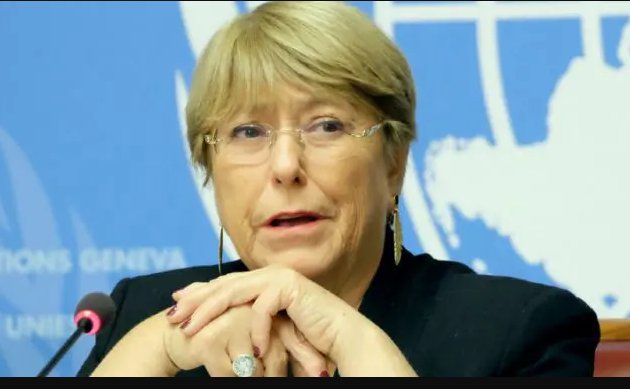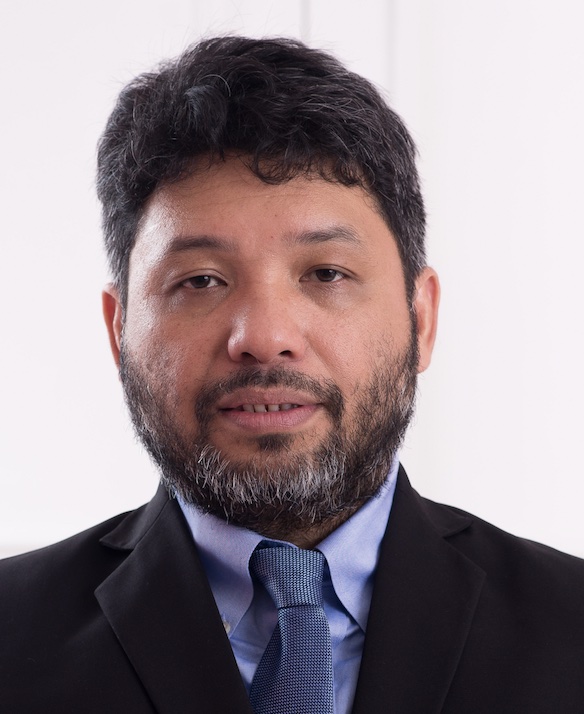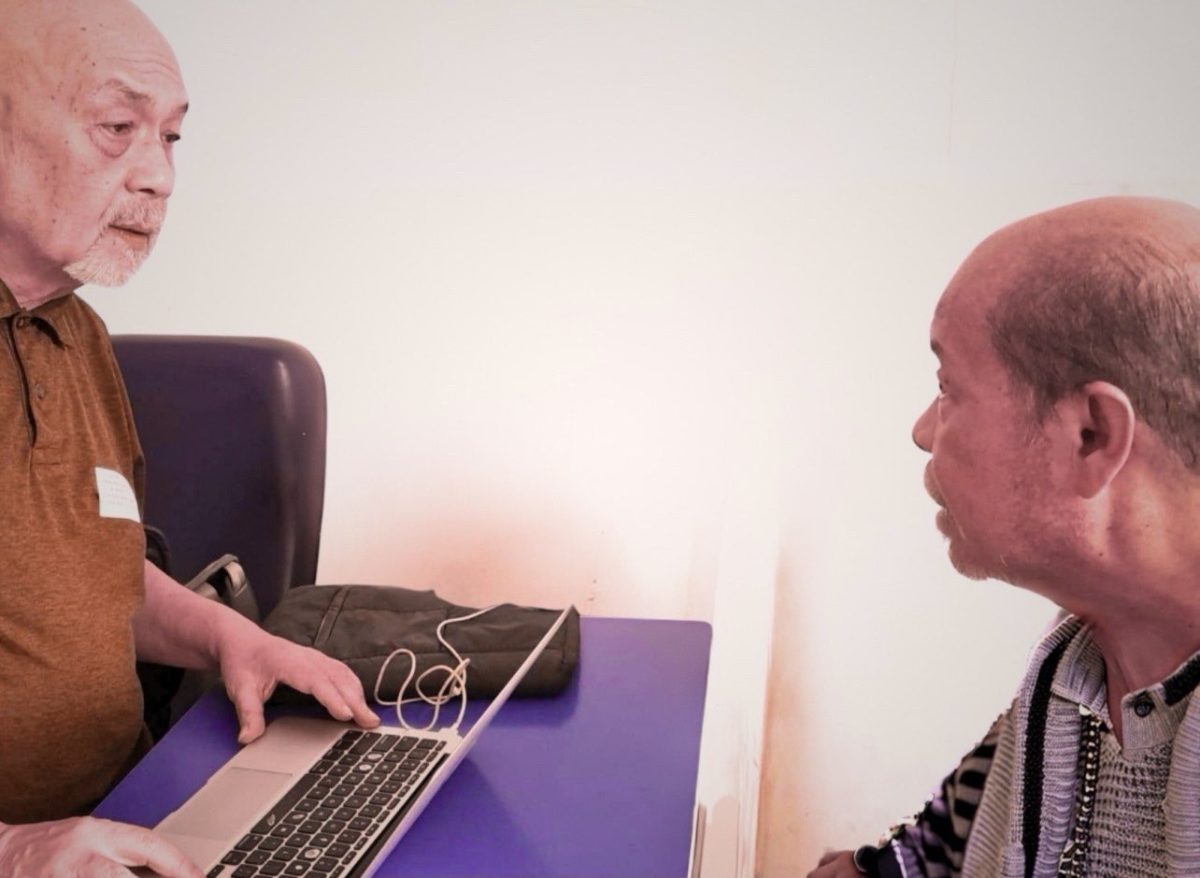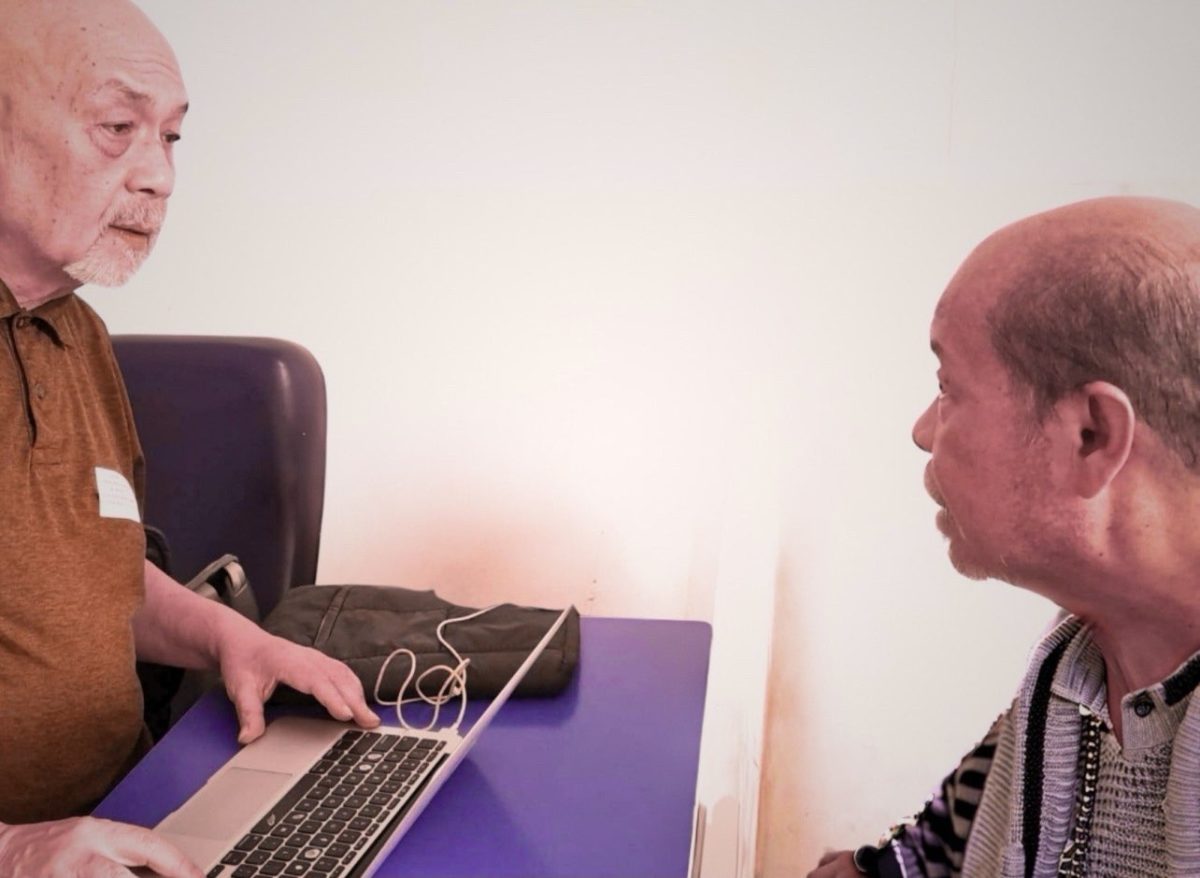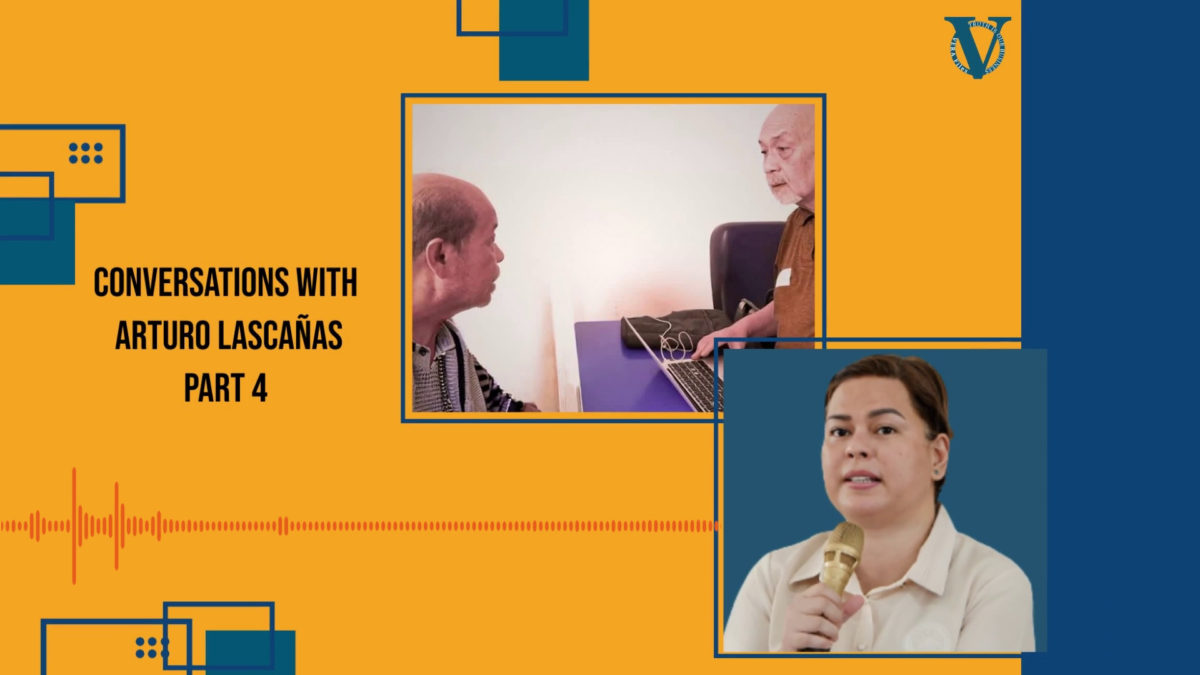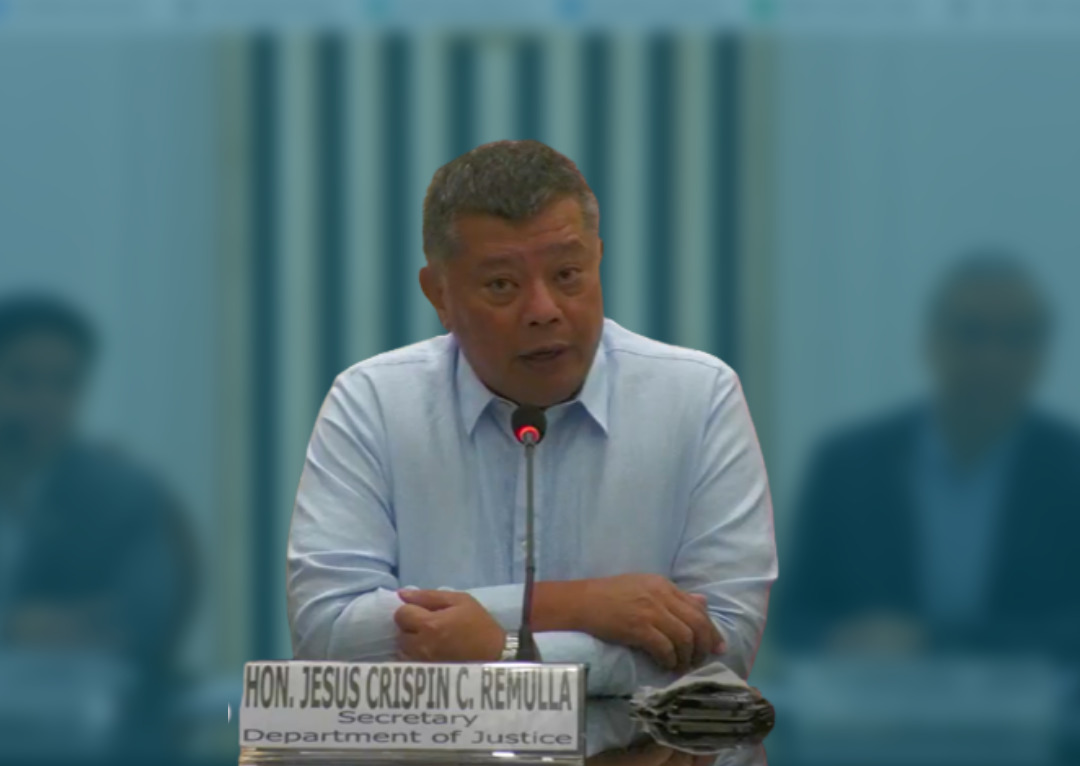What’s so important about United Nations High Commissioner for Human Rights Michelle Bachelet’s report released last Thursday on President Rodrigo Roa Duterte’s drug war?
It’s the very first official UN document – indeed, by any international body – to conclude that the Oplan Tokhang killings appear to be systematic and widespread, and carried out “with near impunity” by the Philippine National Police (PNP) under official directives meant to “neutralize” drug suspects.
In short, it identifies the drug war killings as crimes against humanity – an international crime falling under the jurisdiction of the International Criminal Court (ICC).
At the same time, it also addresses the issue of “admissibility” for the international tribunal, or the question of whether the Philippine government is investigating and prosecuting perpetrators of the crime. Its conclusion: the Philippine government has failed to fulfill its obligation under international law to prosecute the international crime.
The report comes six months after the ICC Chief Prosecutor Fatou Bensouda Prosecutor announced in early December last year that it has now moved into the penultimate stage of its preliminary probe on the drug war in the Philippines.
“On the basis of information reviewed, the drug campaign-related killings appear to have a widespread and systematic character,” said the 18-page UN Commissioner on Human Rights report dated June 4, 2020.
Bachelet, its principal author and a medical doctor, served as the very first woman president of Chile from 2006 to 2010.
An advanced unedited copy of the report released by her office said it was issued jointly by the office of UN Secretary General Antonio Guterres.
“The most conservative figure, based on Government data, suggests that since July 2016, 8,663 people have been killed – with other estimates of up to triple that number, said Bachelet in her report. “This clearly illustrates the need for a transparent and comprehensive reporting system for data on killings by State and non-State actors.”
The report’s conclusions were based on 893 written submissions made by various groups and individuals to the UN High Commissioner. It took into account Philippine government’s official responses, and analyzed official data and documents from governmental and non-governmental sources, legislation, policy guidelines, court documents, police reports, videos, photos and open source reports, as well as interviews with victims and witnesses.
The same report also called out the Philippine government’s heavy-handed implementation of a public emergency in response to the COVID-19 pandemic.
Bachelet’s office noted that the Philippine government could only cite one successful prosecution of all the reported EJKs – that of 17-year-old Kian delos Santos – “where three police officers were convicted of a drug campaign-related killing”
Bachelet’s office said although the Philippine government had also reported that 9, 172 PNP officers are facing administrative charges, it was unclear how many of these are related to the drug killings. Moreover, her office charged that administrative investigations are clearly insufficient “where there are serious allegations of violations of the right to life.”
Her office conducted its investigation of the drug war according to an unprecedented UN Human Rights Council resolution 41/2 issued in July last year. The Council resolution had requested her office “to prepare a comprehensive written report on the situation of human rights in the Philippines.”
Philippine officials had vociferously protested the resolution, saying it had been based on misinformation and pushed by countries led by Iceland that had “weaponized” human rights to vilify the sovereign prerogatives of the Duterte administration to fight narco-politics in the Philippines.
The Geneva-based 47-member Council is an inter-governmental body within the UN system tasked to strengthen and protect human rights around the world. Bachelet’s office, established in 1993, is the department of the UN Secretariat responsible for coordinating all human rights activities within the UN system. Its report on the drug war goes to the UN Human Rights Council’s 44th session.
ICC Prosecutor Fatou Bensouda’s Preliminary Examination
ICC Prosecutor Bensouda’s preliminary examination seeks to establish that there is a “reasonable basis” to proceed with an investigation into the “situation” of the drug war. A finding by Bensouda’s office of inability or unwillingness to prosecute leads to a conclusion that there is a “reasonable basis” for her office to proceed to the next step: the preliminary investigation (PI) proper.
Philippine officials deny that the ICC has a basis to assume jurisdiction over the killings, claiming Philippine courts remain open and independent.
But Bachelet’s report echoes ICC jurisprudence stating that complementarity is not based on the state’s theoretical capacity to investigate and prosecute international crimes but on its sheer inaction over the killings.
Under ICC rules of procedure, Bensouda’s office is authorized to receive information on the drug war in the Philippines from a wide variety of sources, including UN offices like Bachelet’s.
In the recent past. the ICC OTP had used UN reports – among other information – as basis for recommending to the international tribunal to conduct a preliminary investigation of international crimes allegedly committed in a state. This is what happened in the case of Myanmar, which had been accused of mass deportations and persecution of minority Rohingyas to Bangladesh.
Deportation and persecution are also considered crimes against humanity under the Rome Statute.
Although Myanmar is not a state party to the Rome Statute that created the ICC, the international tribunal asserted jurisdiction over the alleged deportations and persecution on the ground that such conduct carried consequences affecting Bangladesh, a state party.
Bachelet’s report also noted Prosecutor Bensouda’s probe of the Duterte drug war. In the same breadth, the report called for “prompt, impartial, thorough, transparent investigations into all killings” by an independent body.
The recommendation took into account alleged violations by the communist New People’s Army of international humanitarian law committed against civilians.
Mr. Duterte is accused of being the architect behind what is alleged to be a systematic and widespread targeting of civilians in the drug war. The ICC probe centers on Mr. Duterte and top officials of the PNP and other government bodies that “actively promoted and encouraged the killing of suspected drug users and dealers” without due process.
The OTP’s preliminary probe covers the very beginning of Duterte’s tokhang campaign, which he launched on July 1, 2016,and Tokhang events carried out until March 16 last year, when a written notification of withdrawal from the Rome Statute filed with the UN Secretary General by the Department of Foreign Affairs at his instance, took effect.
The OTP asserts that ICC “retains jurisdiction over alleged crimes that have occurred on the territory of the Philippines during the period when it was a State Party to the Statute, namely from 1 November 2011 up to and including 16 March 2019.”
If the OTP finds enough evidence to proceed to a preliminary investigation on the drug war in the Philippines, it needs to ask an authorization to do so from the ICC Pre-Trial Chamber (PTC). Once the PTC authorizes the PI, it will “at any time after the initiation of an investigation”, and at the OTP’s instance, issue a warrant of arrest.
A warrant is issued to ensure that a suspect appears at trial, or does not endanger or obstruct the investigation or the court proceedings or, to prevent the person from continuing to commit the crimes.
